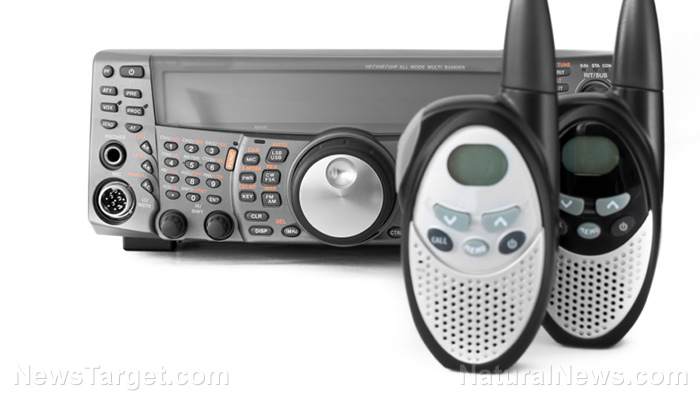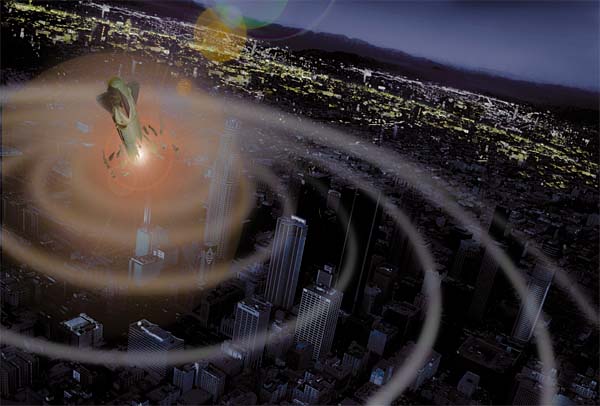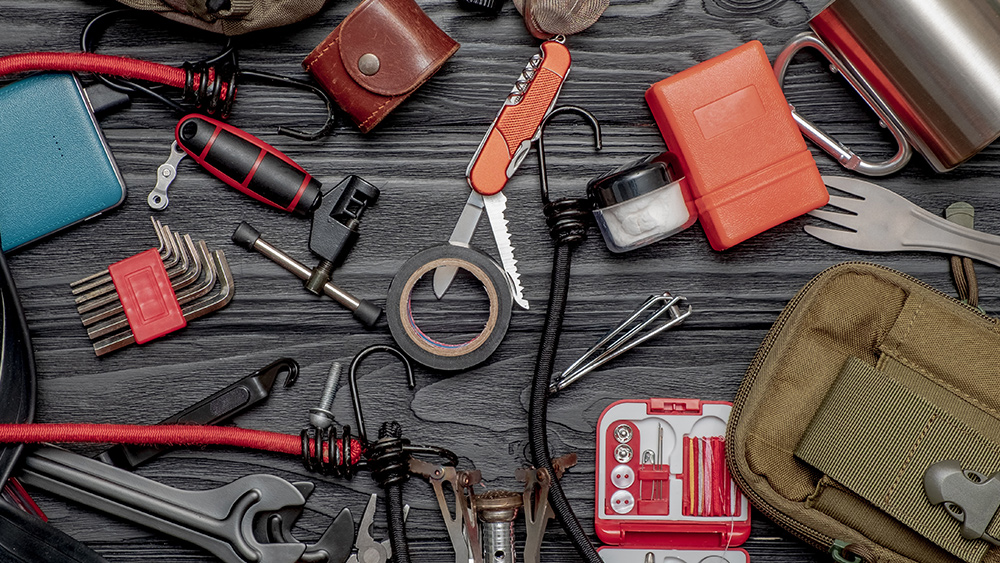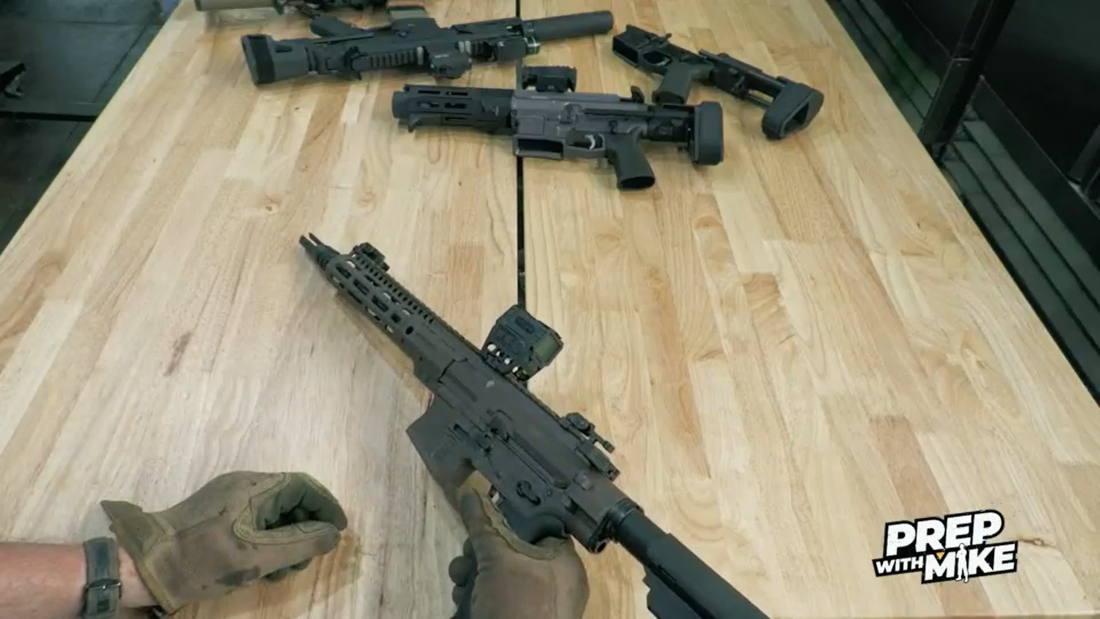Survival essentials: How to communicate after TEOTWAWKI
11/19/2020 / By Virgilio Marin

Having the means to communicate forms a crucial component of survival. When TEOTWAWKI strikes, you’ll need to know what’s going on around you so you can plan properly and protect your family from danger. Having a way to communicate with other survivors will also allow you to find opportunities for bartering especially when you need medicines or other emergency items. Learn the basics of post-disaster communication in the guide below: (h/t to AYearWithoutGroceryStore.com)
Survival communication using radio
Radio devices are some of the most viable communication devices in the midst of a disaster. These implements have been used for several decades and are still used today. That’s because they have long battery life and are not overly reliant on cell sites, which are easily affected by disasters like floods and earthquakes.
A major consideration when buying a radio device is wattage. Each device requires a different amount of energy to operate. The rule is that the higher the wattage, the better the ability of a device to transmit messages over long distances. If you’re trying to communicate over a mountain or any place where you have no line of sight, you’ll need a radio device that has high wattage. The downside of a high-wattage radio is that it consumes much more energy over a short period of time.
Take a look at these survival radio devices:
Listen-only devices
While listen-only radio devices allow you to only receive messages, they can still provide valuable information and serve as your link to TEOTWAWKI news. They’re also generally inexpensive and incredibly efficient in the event of a power outage, as they do not require electricity or battery power to operate. You just need a hand crank to keep it powered. (Related: 10 Ugly truths about long-term power outages and how to deal with them.)
FRS Radio
Family Radio System (FRS) devices are an updated version of walkie talkies. These radio devices are ideal for short-distance communication between a small group of people, as they only work within one to two miles in fairly flat terrain. They are perfect for beginners as they are easy to learn and operate. What’s more, FRS radios don’t require a license, unlike the following radio communication devices.
GMRS Radio
General Mobile Radio Service (GMRS) devices use the frequencies designated for FRS radios. The difference is that GMRS radios have channels within those frequencies that are unavailable to FRS radios. Moreover, GMRS radios work better for long-distance communication, with some devices having a range of up to 25 miles.
Take note that you first need to obtain a license before you can operate a GMRS radio. This license doesn’t require a test and covers the whole family. Keep in mind that not a lot of people use a GMRS radio nowadays so you got to make sure that the people around you are still using this device.
Ham Radio
The ham radio remains the most ideal radio communication device if you want to establish contact with people from really faraway places. Though most handheld ham radios cover only short distances, some backpack ham radios can reach up to 600 miles provided that these are aided with an antenna.
As with GMRS radios, you’ll also need to pass a test before you can obtain a license and operate a ham radio. There are three classes of licenses for ham radio operators: technician, general and amateur extra license. The technician class license provides the least number of frequencies you can transmit on, while the amateur extra provides the most number of these operating privileges.
Before TEOTWAWKI strikes, add one or more of these radio communication devices to your survival kit to keep yourself in the loop and ensure each member of your family is safe.
Sources include:
Submit a correction >>
Tagged Under:
disaster, FRS radio, GMRS radio, ham radio, how-to, preparedness, prepping, radio communication, radio devices, survival, survival communication, survival essentials, survival kit, survival radio, TEOTWAWKI
This article may contain statements that reflect the opinion of the author
RECENT NEWS & ARTICLES
COPYRIGHT © 2017 GEAR.NEWS
All content posted on this site is protected under Free Speech. Gear.news is not responsible for content written by contributing authors. The information on this site is provided for educational and entertainment purposes only. It is not intended as a substitute for professional advice of any kind. Gear.news assumes no responsibility for the use or misuse of this material. All trademarks, registered trademarks and service marks mentioned on this site are the property of their respective owners.





















